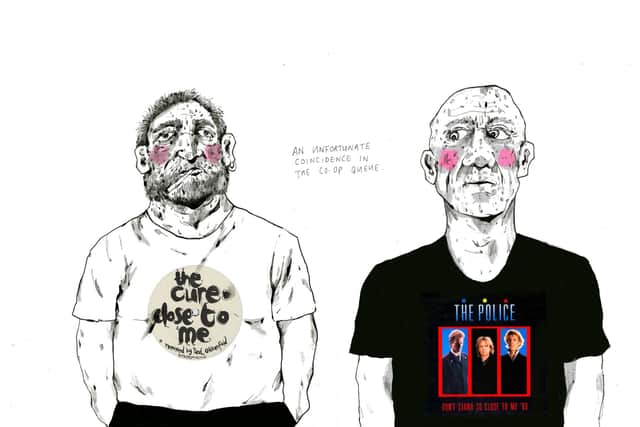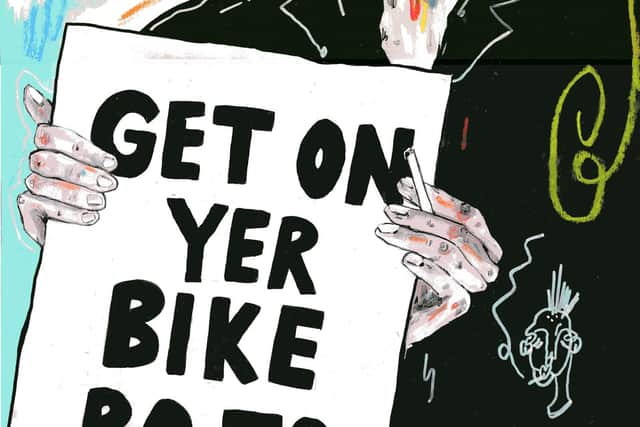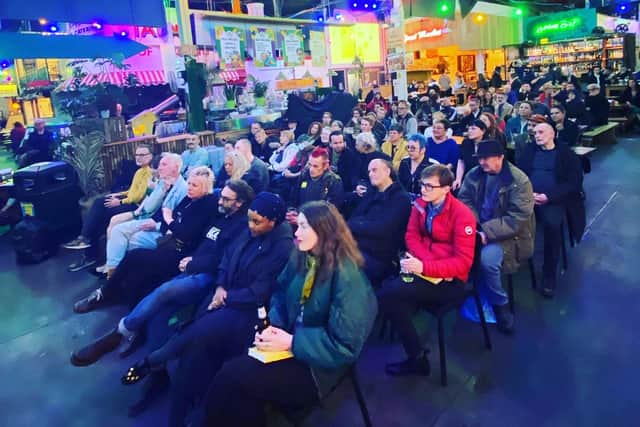Sutton writer shares working class diaries in new book about life in lockdown
and live on Freeview channel 276
Dr Lisa McKenzie, daughter of a miner and factory worker, is a writer and academic from Sutton.
Her latest book, Lockdown diaries of the working-class, containddiary entries and illustrations from people of all backgrounds.
Lisa, aged 54, said: “Growing up in Sutton,on the Carsic estate, I was always aware that we – my family and community – were working class.


“I saw this as a positive identity as we worked hard and we had close-knit communities.
”It wasn't until after the mines and the factories closed I realised that being working class outside my community was seen as negative – at the bottom, not clever or good enough to have better jobs.
“In my earlier years, I worked at Pretty Polly, as did my mum and most of my family.
“I then went to Nottingham University of Nottingham as a mature student when I was 31 and did a masters and PhD.


”My written work and my campaigning are always about class inequality in Britain.
“As working class people, we still aren't represented in literature, the media, the arts, and politics in the ways we see ourselves and our families and communities.
“This book makes sure working class voices and experiences are centred and not 'written about' or misrepresented.”


The book was written and put together in the early months of the first government-issued lockdown during the 2020 pandemic.
Lisa said she had more time to work on creative projects and turned her attention to creating artistic opportunities for her community.
She put out a call for contributions on social media and said that interest ensued from there – the book is a product of contributions from 47 people now known as the Working Class Collective.
And a Kickstarter campaign raised £12,000 to fund its publication.


The collective’s mission statement says: “Working class people are black, white and brown, we are of every gender and none if we want to be.
”We are able-bodied and also disabled, we are Jewish, Christians, Muslims, Sikhs, and Atheists – sometimes we are Jedis and Witches.
“The Working Class Collective is for all that know and feel they are working class – and for those who ally with us.”
Lisa said the project aims to create a platform for working class people with an interest in the arts, as many feel that opportunities are not always available or accessible.
Colum Leith, a lecturer at the University of the West of England, is the creative director of the collective.
He said: “I thought this was a brilliant project from the start – the potential to read accurate and honest working class voices was extremely important to me.
”It’s a beautifully designed book that will resonate over time to become a really true reflection of working class voices from that period.”
The collective said they hope the stories will be respected by wider and connected industries.
